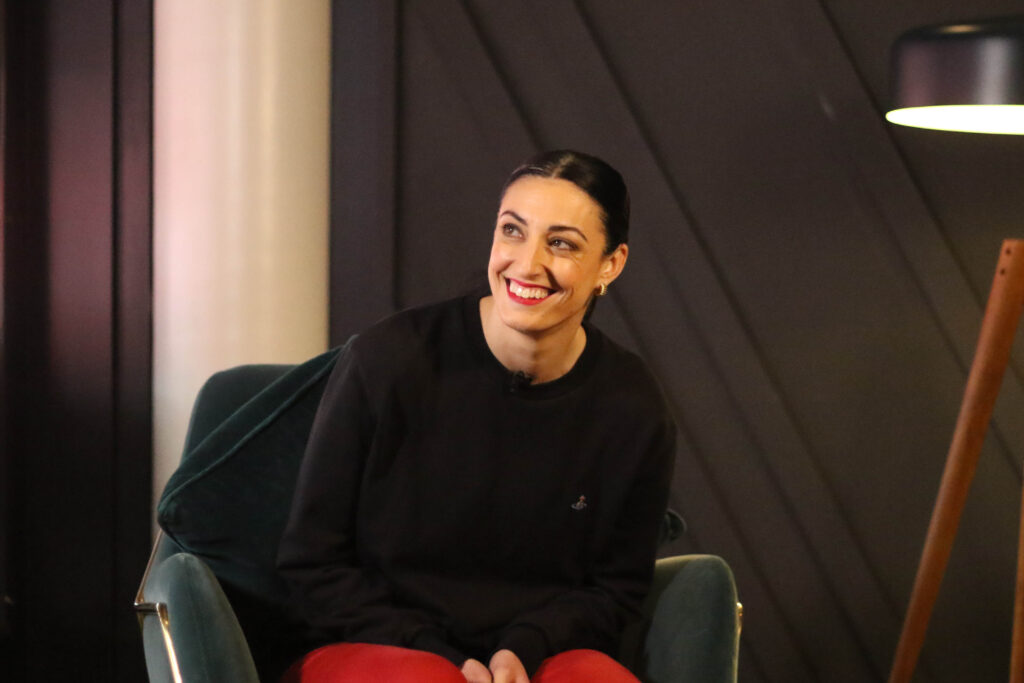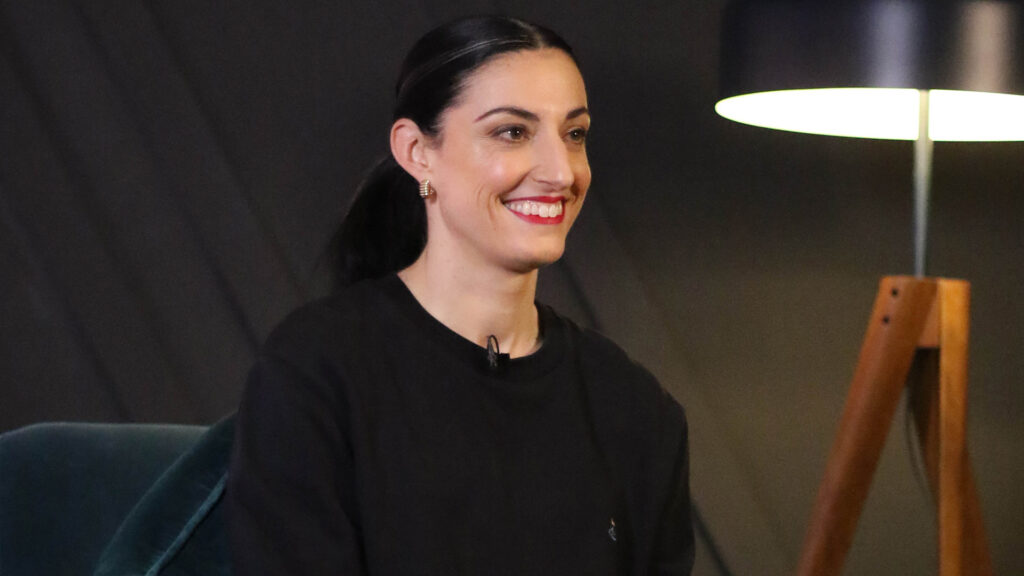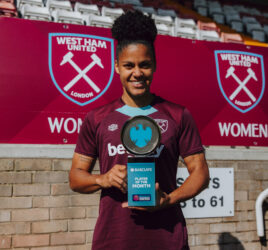Change is afoot within the English women’s game this summer. A moment that brings an equal mixture of anticipation and nervousness for all involved. After 14 years under direct FA control, the safety shackles are being removed from the Women’s Super League and Championship as they move into NewCo, a new and as yet unnamed independent company.
It was always inevitable. The sport’s governing body has been successful in leading the top two tiers of the women’s pyramid into a professional era, helping them navigate through choppy waters to a period of success. However, they couldn’t carry on forever; there was always going to be a point where someone or something else would need to take the responsibility on and give it the opportunity to develop further.
Women’s sport in general has grown exponentially. Globally, there are very visible examples of its potential – look at the recent successful launch of the Professional Women’s Hockey League in North America and the soaring valuations of NWSL teams. In recent analysis released by Deloitte, the revenue of European women’s clubs increased by 61% in 2023. Barcelona sit top of the pile, correlating with their domination in European circles. At the start of last season, the FA announced that the Barclays WSL has become the most followed women’s professional football league.
Continuing to build in a way that harnesses that interest is key and something that NewCo’s CEO Nikki Doucet and her team are planning to achieve out from under the shadow of the men’s game. “I fundamentally see this as a start-up,” Doucet says. “It’s a start-up with 100 years of men’s football history. There are obviously challenges…but there’s also opportunity.”

“It’s [about] building that foundation to enable the next unlocking of growth. There’s so much we have to put in place but when you look at the stats of the growth of audiences and social media – if you look at that in isolation and without the judgement of the direct comparison to men’s football – you would be like “Holy shit, this is a high-growth tech start-up”.”
Nicknamed “Project Moonshot”, a name born out of Doucet’s Nike days where the focus was less on their competition and more on trying to imagine what came next, understanding the specific potential of the women’s game is crucial.
“It’s a unique audience and it’s its own distinct product and I think that’s why the clubs have voted in favour for this individual structure that is owned and controlled by them,” she continues. “That’s our role, to figure out what the different business model is to men’s football. I feel really encouraged by all the clubs too because I feel they are going on this mind-shift journey themselves as they’re learning more about how to connect with their own fanbases. I see this as an end proposition. We’re not taking market share from men’s football. This is a new audience and clubs are seeing if they can unlock that, their enterprise value should go up.”
There is still plenty, perhaps surprisingly, to figure out. All 24 WSL and Championship clubs have a seat at the table and Doucet presses that they will all have a voice. How the board and governance structure will look, however, remains to be revealed. Same applies in terms of potential investment. The current priority ahead of the summer is to get all the legal documentation in place while the next broadcast deal is another pressing matter.

The current deal with Sky Sports and the BBC expires at the end of the season and the search is underway for the next one, with an increase in value expected. “We’re having conversations with the broadcasters now,” Doucet says. “We have two great partners at the moment in Sky and the BBC. I think it’s our job to understand the reach and the revenue question. Reach is what we all still need. The biggest thing I’ve learned is that we’re starting to do the right insights and fandom is really in its infancy. Even if you’re a purist, you’re probably still a new women’s football fan…That’s one of the things that I’ve been surprised by. When we think about the deal in that context, we have to make it as easy as possible [for fans] to watch the league.”
Refereeing is another item high up the list, as is integrating the findings of the Karen Carney review into the plans. Working out a way around the 15:00 Saturday blackout is another piece that needs addressing.
There are still clearly unknowns and with that comes unavoidable anxiety as well as hope. What is clear right now is that, despite big alterations happening behind the scenes, not much will change immediately in terms of the leagues themselves. There will still be 12 teams in each division, the promotion and relegation system is protected, and the Continental Cup will continue to exist. Beyond that, it is a question of wait and see.
“I think we’ll get through the rest of the season,” Doucet says. “That’s the story I hope to see. In the background the management is doing the right thing to make sure the structure is up and running, but the story is on the players, the competition and how exciting the end of the season will be. If the story is about NewCo in the next six months, then it’s taking away from the actual competition.”
Photo credit: The FA [Women’s Pro Game/Nina Farooqi]



